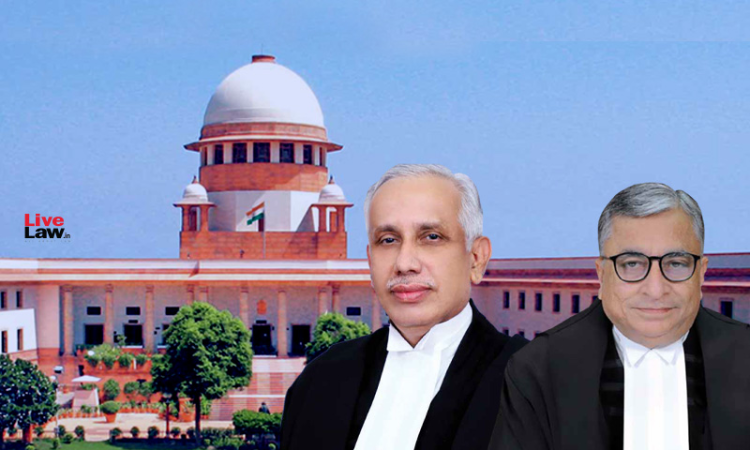Inherited Property Of A Female Hindu Dying Issueless And Intestate Goes Back To The Source: Supreme Court
LIVELAW NEWS NETWORK
20 Jan 2022 2:59 PM IST

Next Story
20 Jan 2022 2:59 PM IST
The Supreme Court observed that inherited property of a female Hindu dying issueless and intestate, goes back to the source."If a female Hindu dies intestate without leaving any issue, then the property inherited by her from her father or mother would go to the heirs of her father whereas the property inherited from her husband or father-in-law would go to the heirs of the husband", the...
